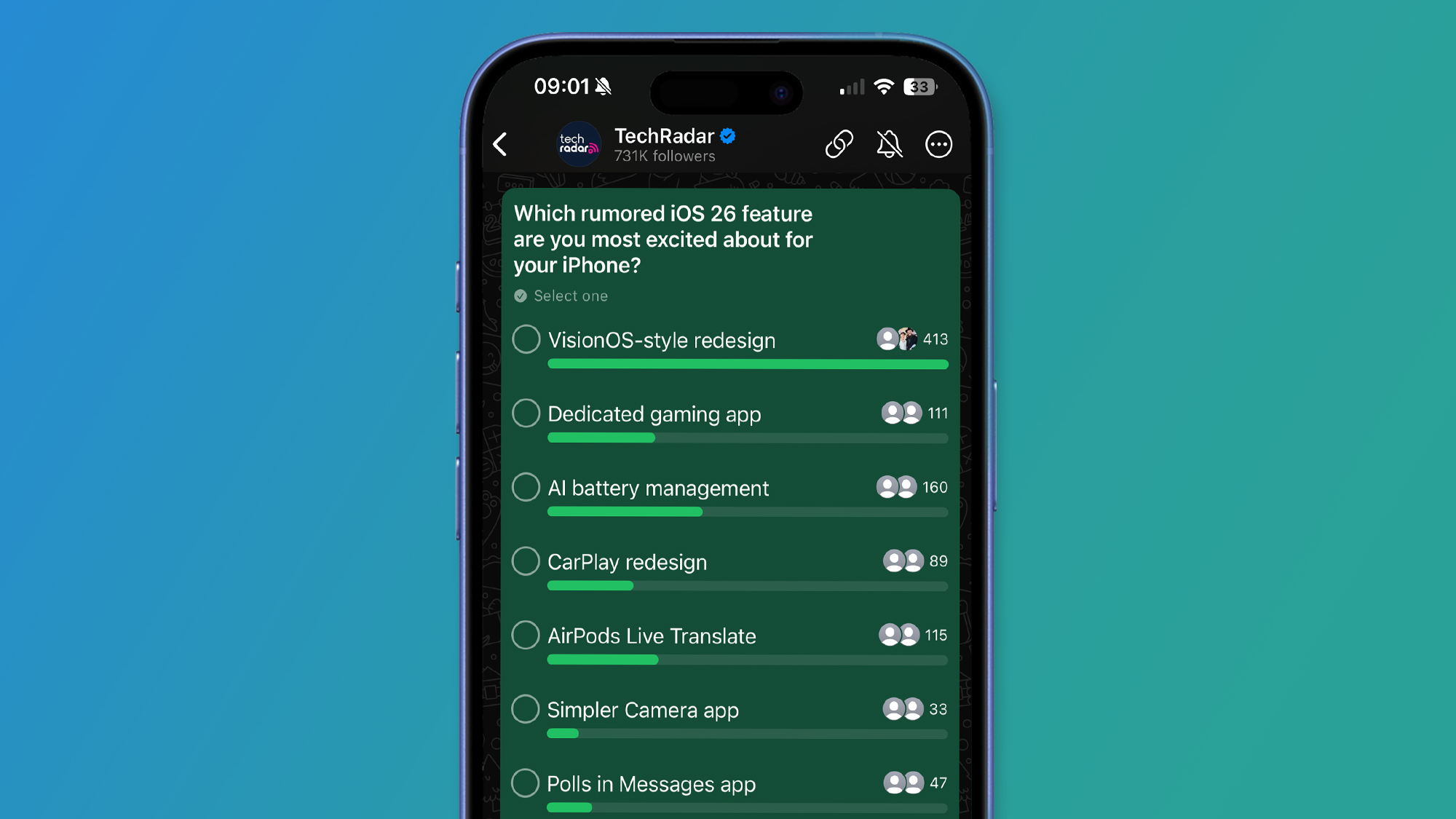Get Rid Of Music Copyrights: Jack Dorsey

Jack Dorsey, co-founder of Twitter & CEO of Square, attends crypto-currency conference in Miami on ... More June 4, 2021. (Photo by MARCO BELLO)
AFP via Getty ImagesWhen Jack Dorsey tweeted “Delete all IP law,” and Elon Musk endorsed the idea, the music biz dismissed it as idle and provocative nonsense, flexing a collective and sarcastic smile.
But “I’ll Never Smile Again,” Tommy Dorsey’s 1940 hit with a 25-year old Frank Sinatra, may be what they’re singing now, after a federal judge ruled that the Trump Administration can go ahead with the firing of Shira Perlmutter, the Register of Copyrights.
Perlmutter’s firing came just after she issued a report saying AI companies training on tens of millions of songs and other creations may not do so free of charge and without permission, because the Fair Use defense to copyright infringement may not apply to them.
Perlmutter is replaced by Paul Perkins, an assistant attorney general with no copyright law experience to speak of, per order of US District Judge Timothy Kelly, a Trump appointee, who may reconsider the issue later.
Whether Perkins endorses the view that all IP law should be deleted is unknown.
Jack Dorsey – no relation to the musical Dorsey brothers, and no friend to them either – elaborated on his tweet this way: “Creativity is what currently separates us [from AI]
, and the current system is limiting that, and putting the payments disbursement into the hands of gatekeepers who aren’t paying out fairly.”
So Dorsey is rebuking record labels, among other “gate keepers,” and suggesting AI companies would pay musicians more fairly, without being required to by law. Companies like Suno and Udio – called the ChatGPTs of music – are reportedly attempting to settle litigation with major music companies. But they wouldn’t need to pay anything for their use of vast troves of music if Dorsey had his way.
Let’s suppose Dorsey and Perkins are on the same page and are poised to press delete on all IP law. What does that even look like, especially for music?
One answer is the feudal era before copyright law existed (more on that later). Another answer is China.
And China (including Hong Kong) is where almost 90 percent of counterfeit goods seized by U.S. Customs and Border Protection in 2024 reportedly came from, and where copyright laws are notoriously weak.
Musk loves how “China rocks," saying "the energy in China is great. People there – there’s like a lot of smart, hard working people. And they’re really -- they’re not entitled, they’re not complacent, whereas I see in the United States increasingly much more complacency and entitlement ...”
Why do complacent musicians and entitled music companies in the U.S. believe they need copyright law anyway? Tommy Dorsey might have had a note or two to blow about that?
Tommy Dorsey playing the trombone. Undated photograph. Getty Images.
Bettmann ArchiveTommy Dorsey’s hit, written by Ruth Lowe, premiered at number one on Billboard’s first ever music chart in 1940 and was inducted into the Grammy Hall of Fame in 1982. The musical gem will likely drop into the public domain in 2035, after a prosperous copyright duration of 95 years, as per the current US Copyright Act. Likewise, famous rock n’ roll songs from the '60s will fall into the PD beginning in the early 2060s, and so on.
But “delete all IP laws” means all music and other creations go into the public domain now, and no more need to get permissions or pay royalties.
Sounds preposterous … but also prosperous … for tech billionaires and their companies, who would no longer need to obtain permissions and pay license fees to content owners.
But if they delete copyright law, how would musicians be paid for creating new music? Presumably just as they were paid (or not) by lords and monarchs who commissioned musical works for weddings and amusements before copyright law was a thing. Mozart and Beethoven’s financial ruin was common for composers who had no property rights in their valuable music.
The “delete all IP law" rally cry sounds like something from Curtis Yarvin, a software engineer and blogger praised by Musk, who advocates a shift from democracy to a CEO-style dictatorship like a monarchy. So when Musk becomes Emperor of Earth and Mars, we may only have Musk Musik and he’ll decide whether and how much to pay for it.
Look, there’s room for criticism of copyright law, especially in the music space, where some might monopolize music for monetary gain, if they could, as in the “Blurred Lines" case in 2018, when the Ninth Circuit upheld a terrible copyright infringement verdict for the Marvin Gaye estate. Terrible because Robin Thicke and Pharrell Williams’ song shared no copyrightable elements whatsoever with Gaye’s “Got To Give It Up,” just a similar “vibe.”
But the jury decided you can copyright a “vibe” and the Gaye estate was awarded $5.3 million in damages. The Gaye’s expert witnesses effectively pulled the wool over the jurors’ ears and that verdict turned the music world on its ear.
Thankfully, copyright law has since climbed out of the “Blurred Lines” hole … on a “Stairway to Heaven." Led Zeppelin’s Jimmy Page and Robert Plant, along with Warner Chappell Music, prevailed against a copyright infringement claim based on a generic musical progression that goes back to Bach and before. Since that win was upheld on appeal in 2020, other music defendants have similarly prevailed, including Ed Sheeran ("Thinking Out Loud”), Dua Lipa ("Levitating"), and Katy Perry ("Dark Horse").
So copyright law lately has been striking the right balance when it comes to music.
“The limits on copyright are as important as the rights themselves,” says litigator Peter Anderson, who won the “Stairway” case. “Because you have to limit the protection to allow other people to use the basic unprotected elements in the same or different ways, as long as they’re not that exact same particular design.
“I think there can be a legitimate debate of where the balance lies,” adds Anderson, "but the idea of no copyright law at all just doesn’t recognize that we are where we are today as a world leader of creativity because of patent law, copyright law and other IP laws.”
Indeed IP, including music, is a cornerstone of US economic strength and soft power, and the US has enjoyed an IP trade surplus for the past two decades while China has suffered a trade deficit during that time, says a May 2025 dispatch from the Center for Strategic & International Studies (CSIS).
Moreover, don’t Dorsey and Musk need IP law to run their own businesses?
“I can’t believe that [Dorsey and Musk] would not recognize that the entirety of the arts, media, gaming, and entertainment industries would absolutely collapse … including, by the way, their own companies that rely on IP all the time,” says Aaron Moss, an IP litigator at Mitchell Silberberg & Knupp and author of the CopyrightLately blog.
Sure, but Bach, Shakespeare and Da Vinci didn’t let a lack of IP law stop them from creating. It wasn’t until 1710 that copyright law first took hold in a very limited way in England with the Statute of Anne. But it didn’t protect authors’ rights until the first Berne Convention of 1886 and it wasn’t until the 20th century that robust protection of music copyright arrived.
Jack Dorsey’s tweet suggests he’d rewind history a few centuries when it comes to IP law, because we’ve made a mistake protecting creators’ rights.
“Sure there’s the argument that we had creativity before the first copyright law came into the world,” says Anderson. “At the time of Shakespeare, there was no copyright law. But copyright law in today’s world is necessary for music, books, art, photos, it’s a big incentive to being creative. Now maybe a few would, without any financial reward, create a really good song, but for most, having the financial reward has got to be there as an incentive."
“I’ll Never Smile Again” was a really good song, and Frank Sinatra wouldn’t have sung it without a record royalty backed by copyright law.
Imagine if Sinatra, a fighter for IP rights for musicians on Capitol Hill, bumped into Jack Dorsey at the Polo Lounge in the Beverly Hills Hotel, where Sinatra famously threw a punch or two when he had a disagreement. What if Jack Dorsey told him he wanted to “delete all IP laws?”
“I’ll Never Smile Again” might take on special meaning for someone missing a couple teeth.
Peter Anderson and Aaron Moss discuss music copyright issues on my podcast The Music Law Beat.













